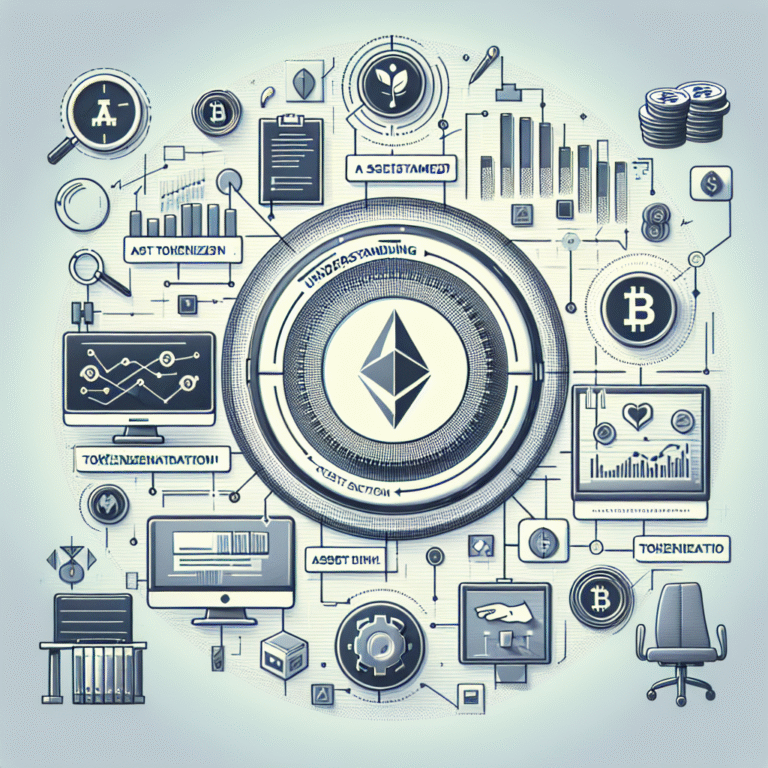
We are on the cusp of a digital transformation that promises to disrupt industries, redefine economies, and reshape societies. For organizations to remain relevant and sustainable in this changing landscape, embracing digital transformation is no longer optional—it is a necessity. While cloud computing, mobility, and the Internet of Things (IoT) are already driving this shift, the true revolution is still in its early stages. This revolution is blockchain.
Blockchain, although often associated with cryptocurrencies like Bitcoin, is far more than just a technological trend. Its foundations trace back over 40 years, evolving from cryptography research into a powerful, decentralized system that could transform how we conduct business, manage data, and establish trust in the digital age. The concept began with the development of the Merkle tree in the 1970s, a cryptographic innovation that enabled secure and efficient verification of data. By the early 1990s, this led to the creation of distributed hash tables and peer-to-peer systems like BitTorrent, which laid the groundwork for the modern blockchain.
At its core, blockchain is a distributed ledger technology that enables secure, transparent peer-to-peer transactions without the need for intermediaries like banks or governments. This shift removes the barriers that have historically breached privacy and fueled economic inequity. Centralized systems have often been manipulated by powerful elites and authoritarian regimes, contributing to global inequality and social unrest. Blockchain, by contrast, offers a way to conduct transactions based on trust that does not rely on a centralized authority—creating a more transparent, fair, and equitable system.
The potential impact of blockchain over the next decade is profound. It could power the next generation of the internet—a decentralized, trust-based communication network where individuals, organizations, and devices can interact directly and securely. Critical systems, such as power grids and infrastructure, which are increasingly vulnerable to cyberattacks, could be safeguarded by blockchain’s decentralized and resilient design. By distributing control, blockchain not only enhances security but also democratizes access to resources, enabling economic growth in developing countries and helping address the imbalances created by today’s financial systems.
While blockchain technology is still in its adoption phase, the financial sector is leading the charge, with banks and investment firms exploring its potential for secure, cost-effective transactions. Tech giants like IBM, Intel, and Oracle are investing heavily in blockchain research, viewing it as a key driver of future growth. Governments are beginning to experiment with blockchain-based initiatives, such as Distributed Ledger Technology (DLT), to modernize public systems and increase transparency. Although the future of blockchain is still unfolding, one thing is clear: we are heading toward an exciting new era where decentralized, blockchain-powered solutions could redefine how we work, interact, and thrive in a digital world.
The blockchain revolution is coming—and it will change everything.




